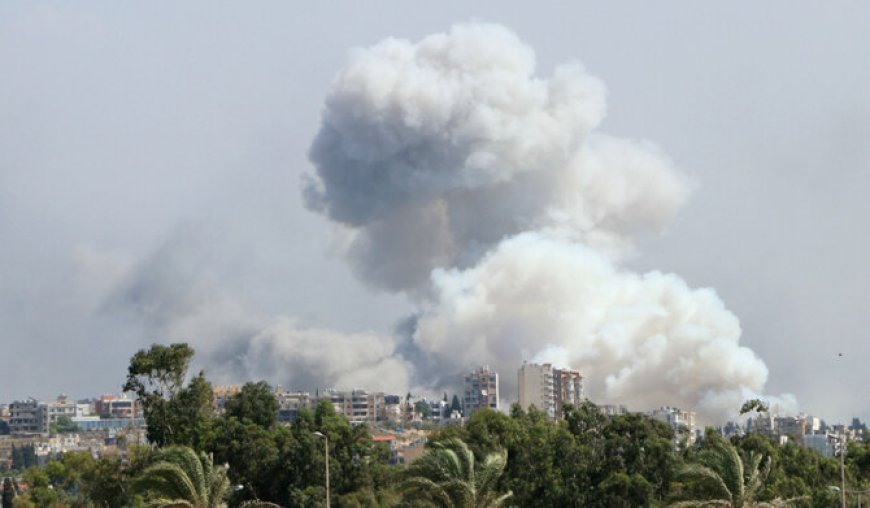World Leaders Convene at UN Amid Intensifying Middle East Crisis

Rising Middle Eastern violence has eclipsed the yearly conference of world leaders at the United Nations General Assembly in New York this week. Local officials reported that Israeli airstrikes on southern Lebanon, mostly aimed at Hezbollah strongholds, caused over 490 deaths, sharply increasing tensions. These events have increased worries about a more general regional conflict, therefore diverting focus from other world concerns.
With the emphasis now on Lebanon rather than the fighting in Gaza, UN Secretary-General António Guterres expressed great worry over the fast worsening situation. Adding to the warning, European Union foreign policy chief Josep Borrell said the area is about to experience "full-fledged war." France responded by advocating an emergency UN Security Council meeting to handle the escalating crisis.
Diplomatic attempts to resolve the crisis have thus so far proved fruitless, even constant calls for moderation. Though they still back Israel, U.S. officials are advising caution about a possible ground invasion of Lebanon and have promised to present "concrete" recommendations for de-escalation during this week's UN sessions. Peace is still elusive, though, as efforts at a truce in Gaza—which has been under continuous Israeli bombing since October 2023—have consistently failed.
Discussions during the General Assembly, which runs until Monday, should center the Middle Eastern crises as well as continuing strife in Ukraine and Sudan. World leaders and UN diplomats will discuss the seriousness of these circumstances and the reaction of the international society. UN expert Richard Gowan of the International Crisis Group said that the global body runs the danger of becoming useless in the face of growing conflicts if it cannot enable significant advancement toward peace.
Key regional powers including Turkey, Jordan, Iran, Qatar, and Algeria slated to address the General Assembly and demand an immediate ceasefire in Gaza will be closely followed Tuesday's UN sessions. Later this week, Israel's prime minister Benjamin Netanyahu and Palestinian president Mahmoud Abbas are also scheduled to speak, so increasing the likelihood of contentious interactions on the global scene.
This high-level diplomatic conference focuses not just on the Middle East. Approaching the UN Security Council, Ukrainian President Volodymyr Zelensky is expected to restiter demands for ongoing global assistance against Russia's invasion of Ukraine. In his comments on Monday, Zelensky directly appealed to world leaders, charging Russian President Vladimir Putin of "stealing the world's future" and calling for worldwide unity to oppose Moscow's assault.
Even with the increased activity, many observers are dubious about the concrete results of the General Assembly. Any actual movement toward reducing Middle East tensions, Richard Gowan pointed out, will probably take place behind closed doors, with Western and Arab diplomats perhaps interacting with Iran in attempts to stop a more general regional conflict. Already on the margins of the UNGA, Iraqi Prime Minister Mohammed Shia Al-Sudani has urged an immediate gathering of Arab leaders to handle the situation in Lebanon.
Given the present course, Secretary-General Guterres issued a sobering warning: should diplomacy fail, Lebanon runs the danger of entering a conflict akin to the terrible circumstances in Gaza. Watching intently as leaders take the platform at the UN, the world hopes for a solution that will pull the area from the brink of war back.













































